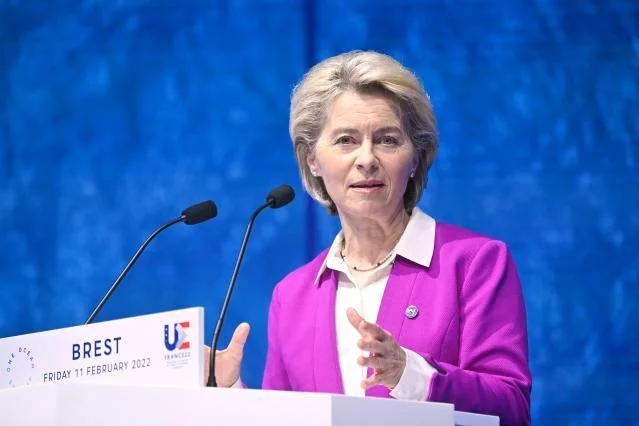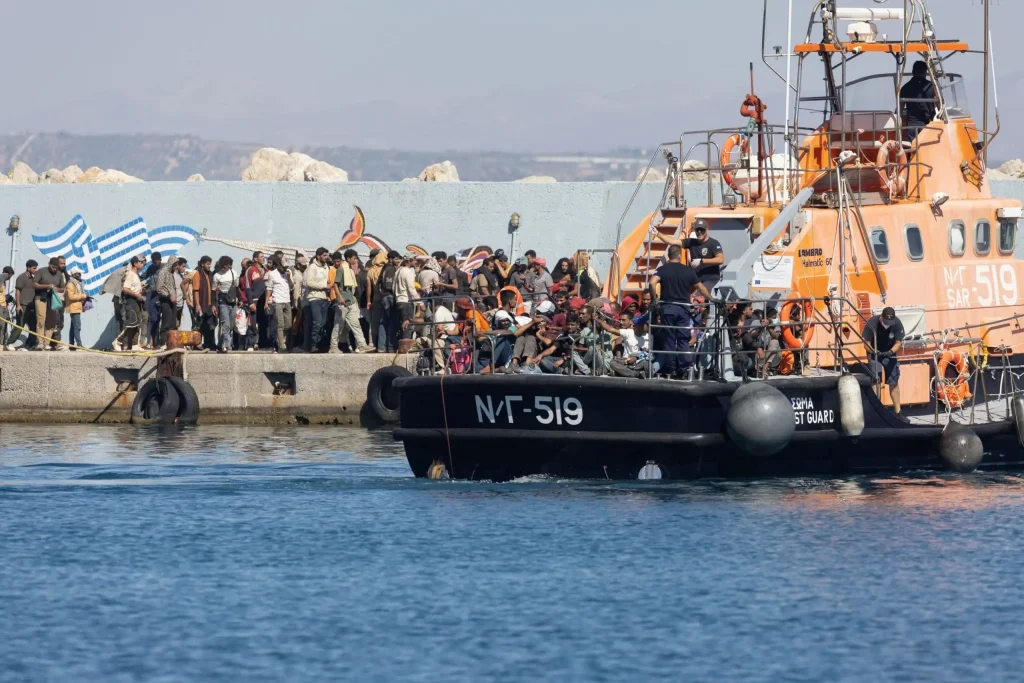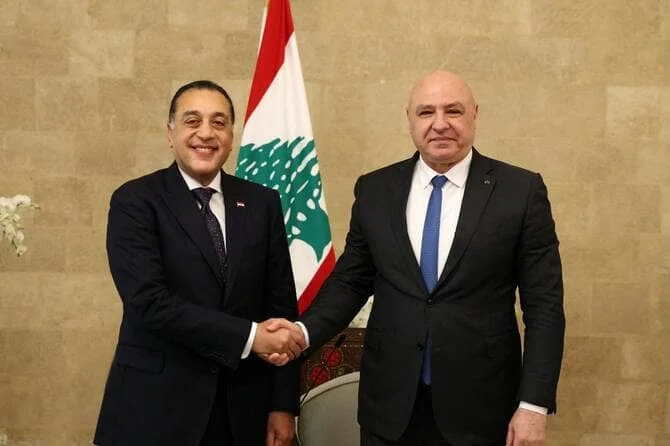European Union Commission President Ursula von der Leyen has announced a €1 billion investment to protect oceans, support coastal communities, and promote sustainable fisheries.
Speaking at the United Nations Ocean Conference in Nice, France, on June 9, 2025, she outlined the EU’s new Ocean Pact, which will fund 50 projects worldwide to address critical marine challenges.
“There is a funding shortfall to support ocean conservation, ocean science, and sustainable fishing,” von der Leyen stated, emphasizing the urgency of the initiative.
Goals of the EU Ocean Pact
The Ocean Pact targets key environmental and economic issues, including reducing plastic pollution, restoring maritime ecosystems, modernizing ageing fishing fleets, and combating illegal fishing.
Von der Leyen underscored a “zero tolerance” approach to illegal practices, stating, “We want to stop the criminals moving between neighbouring countries.”
The EU will leverage digital registration of fish catches to prevent illegally caught fish from entering its markets, strengthening enforcement and traceability.
The initiative also includes fostering regional partnerships in the Mediterranean, Western Africa, and the Pacific to promote sustainable practices and support coastal communities.
Approximately one-third of the €1 billion will support scientific research, as von der Leyen noted, “Knowledge is key for ocean conservation.”
These efforts aim to regenerate maritime ecosystems and align with global sustainability goals.
A Global Call to Action
French President Emmanuel Macron, speaking at the same summit, echoed von der Leyen’s call for robust ocean protection.
“We must protect our territorial waters and these maritime zones everywhere,” he urged, pressing European nations to honor commitments to safeguard marine environments.
The conference highlighted the gap in global ocean protection, with only 2.7% of oceans effectively shielded from destructive activities, far below the “30×30” target of conserving 30% of Earth’s land and oceans by 2030, as outlined in the Kunming-Montreal Global Biodiversity Framework.
Addressing Criticism and Challenges
While the Ocean Pact has been praised for its ambition, some NGOs have criticized it as “vague and toothless,” arguing it lacks binding measures to halt overfishing and marine decline.
Despite these concerns, the EU’s commitment to over 50 voluntary projects, valued at nearly €1 billion, signals a significant step toward global ocean conservation, with a focus on actionable outcomes.
A Path Toward Sustainability
The EU’s €1 billion pledge positions it as a leader in ocean conservation, aligning with international efforts to meet the 2030 biodiversity targets.
By investing in science, sustainable fisheries, and regional cooperation, the Ocean Pact aims to create a lasting impact on marine ecosystems and the communities that depend on them.























